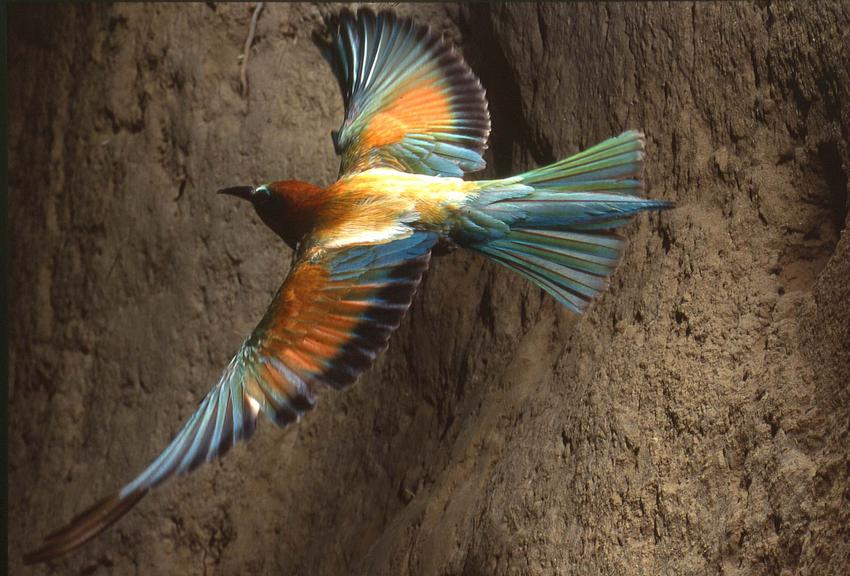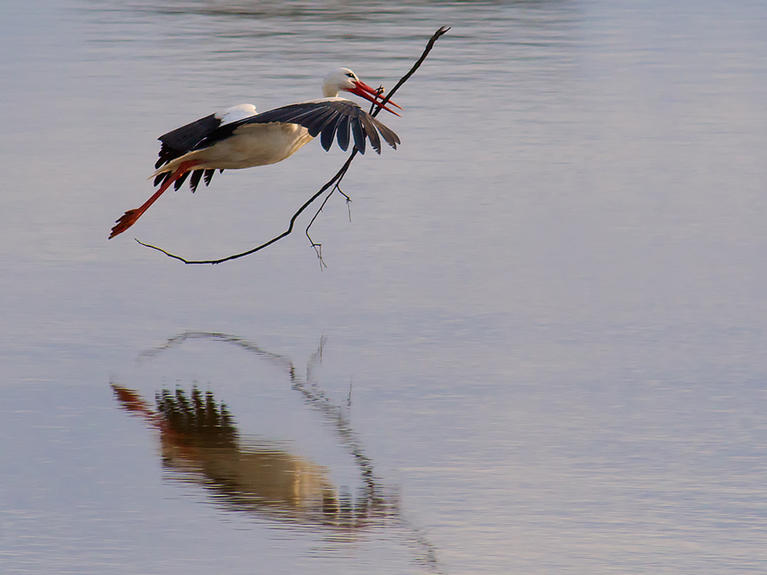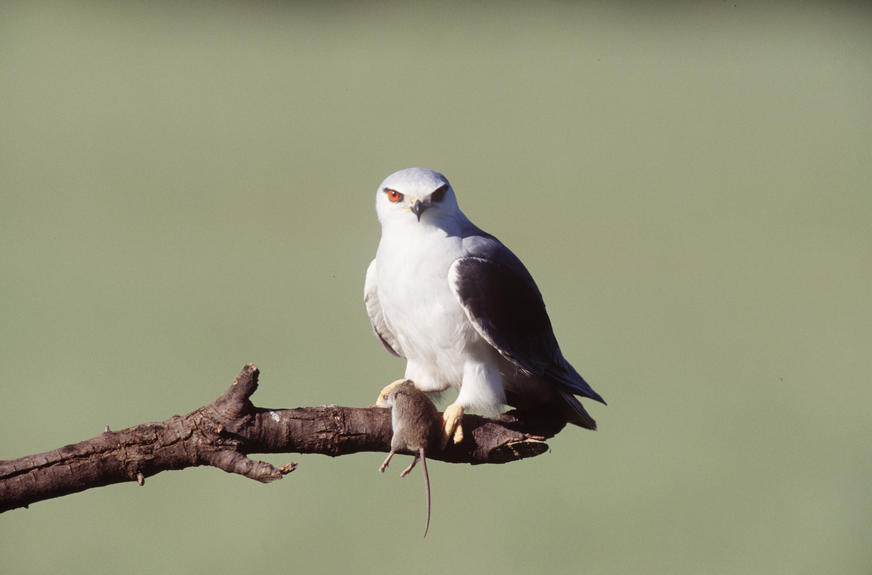RDP project database
Reto Natura 2000: Tourism Network of Nature Observation Areas
Summary
An inter-territorial cooperation project involving 30 Spanish LAGs working together to determine the impact of a network for ornithological tourism that was initially established and developed under the previous LEADER programmes
Background
The project arose through several co-operation activities in bird-watching tourism undertaken since LEADER II between LAGs from different protected areas in the Natura 2000 Network, including also from Germany, France and Sweden. The migration of the crane was the initial link. Actions included the sharing of experiences, the production of a film explaining the route and conceptualizing a variety of material for tourists. Under LEADER+ the network expanded its remit to all bird species.
Objective
The common objective was to capture the socio-economic benefits from the conservation of nature for local communities, entrepreneurs and tourists, and to support local and global development plans in Natura 2000 areas. Several LAGs had seen natural and cultural resources such as birds utilised to develop rural areas. The project involved stakeholders from the environmental, tourism and public sector, also to help overcome conflicting positions.
Main activities
Focusing on tourism, a strategy was developed and tourist packages created, as well as research and implementation of systems of tourist management, formation of the tourist sector and a best practice manual. A socio-economic evaluation has been undertaken in relation to all the work previously carried out and the results achieved over time by the various LAGs, concluding that the project had a very positive impact on conservation and the redevelopment of species and their habitats.
Results & Benefits
The evaluation also revealed that further effort was required to add value to the tourism offer, so the project generates sustainable economic benefits. The partners therefore estimated the economic potential of nature watching tourism, taking into account each LAG area's development. It was expected that this will encourage the tourism sector’s participation in developing sustainable tourism strategies that generate wealth in rural areas.
Lessons learnt
For the lead partner LAG's José Ángel García Lucas, the ingredients to this successful cooperation project included: 1) a well-functioning coordination structure (two partners provided an administrative and a technical coordinator each) and 2) the voluntary contribution of participants which, inspired by the LEADER approach, have exchanged experience and information, thus generating more and better tools for the development of their rural areas.
Project location and other information
An inter-territorial cooperation project in Spain involving 30 LAGs in the regions of Navarra, Aragon, Castilla la Mancha, Castilla y Leon, Extremadura, Cantabria and Cataluna.
Region
Extremadura
RDP Territory
Extremedura
Total project cost (€)
378 000
National contribution (€)
378 000
Project website
Contact name
José Ángel García Lucas
Telephone
+34 680 41 23 92
Languages for contact
English, Spanish
Original Language version
At a glance
Country
Spain
Final beneficiary type
Local Action Group, Other
Budget range
€100 000 - €500 000
Start date:
01/11/2009
End Date:
30/11/2011
Theme / Measure:
• Implementing the LEADER Approach
• Co-operation projects
• 421. Implementing co-operation projects
Keywords:
Leader, Sustainable development, Tourism, Natura 2000, Inter-territorial cooperation
Last update
09/10/2012







